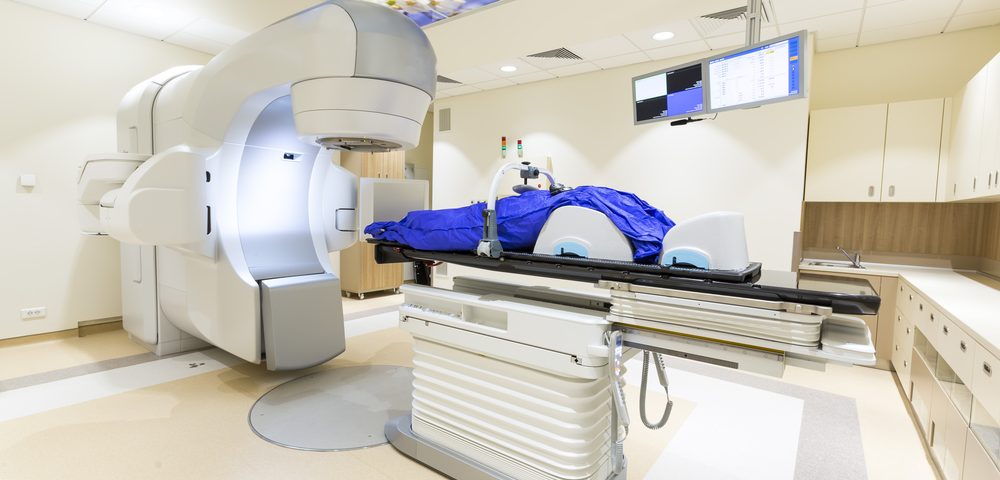More than six out of 10 men whose doctors suspected their prostate cancer had returned due to rising prostate specific antigen (PSA) levels saw their treatment plans revised after being submitted to PET/CT imaging with Axumin (18F-fluciclovine).
That’s according to the Phase 3 FALCON trial (NCT02578940), whose findings were recently presented at the 2017 American Society for Radiology Oncology (ASTRO) Annual Meeting in San Diego.
The oral presentation, “Impact of 18F-fluciclovine PET/CT on clinical management of patients with recurrent prostate cancer: results from the Phase III FALCON trial,” reported that early and accurate localization of metastasis facilitates treatment, as the tumors are smaller in size and respond better to localized therapy.
Axumin, a 18F-fluciclovine injection, is a molecular agent used in positron emission tomography (PET) imaging in men with suspected recurrent prostate cancer. The suspicion is supported by high levels of PSA in the blood, following prior treatment. The U.S. Food and Drug Administration (FDA) has approved this injection for use in PET imaging, but not for treatment planning in men with biochemically recurrent prostate cancer.
With this in mind, researchers aimed to assess the impact of PET/CT imaging with Axumin on clinical management choices for men with recurrent prostate cancer.
The FALCON trial, sponsored by Blue Earth Diagnostics, was a British-based, prospective, multi center and open-label study testing the addition of Axumin PET/CT imaging to standard diagnostic techniques.
Researchers recruited men with recurrent prostate cancer being considered for curative intent salvage therapy. The team then compared their intended management plans, before and after Axumin PET/CT scan.
In a pre-planned analysis of the first 85 patients, researchers found that 52 men, or 61.2 percent, had their clinical management changed after the Axumin PET/CT imaging results were added to the diagnostic work-up.
Among those 52 men, 13 (or 25 percent) changed from salvage treatment to watchful waiting, 18 (or 34.6 percent) had their salvage treatment revised to systemic therapy, and 21 (or 40.4 percent) had their previously planned radiotherapy field modified.
Thanks to its successful results, Blue Earth Diagnostics has announced a halt to patient recruitment.
“In line with our mission to develop and commercialize innovative PET imaging agents for cancer, the FALCON study was designed to assess the utility of a fluciclovine (18F) PET/CT scan in providing meaningful information for physicians, with the hope that it may benefit men with recurrent prostate cancer,” Jonathan Allis, CEO of Blue Earth, said in a press release. “We look forward to announcing full results of the FALCON study in a future peer-reviewed publication.”
Added Abhishek Solanki, assistant professor of radiation oncology at Chicago’s Loyola University: “Currently approved anatomical imaging procedures have limitations in identifying the sites of recurrence of prostate cancer after definitive treatment, which can make decision-making difficult when assessing patients with biochemical recurrence. Newer imaging techniques, such as fluciclovine (18F) PET/CT, may provide actionable information for physicians in guiding appropriate patient management.”

